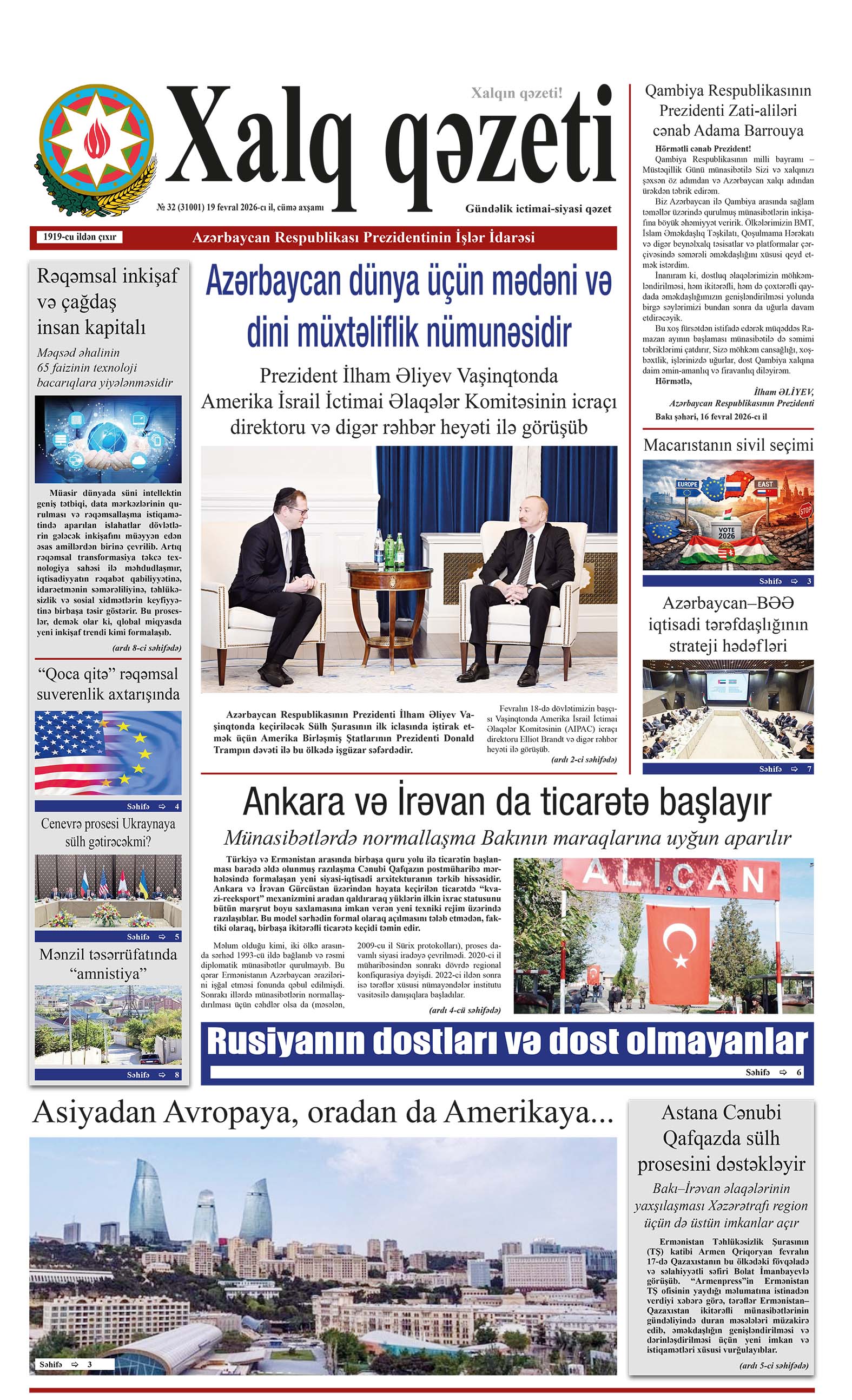ByVERONICA MAISLER
Jerusalem Post
Our language, the words we use in any context about ourselves and our ability to change something in our appearance, has tremendous power. Sometimes it works against us.
We have all heard what to eat, when to exercise, and how to sleep better, but there is another factor that influences weight loss—not less important than what we put on the plate—and that is the language we use when talking to ourselves.
Sometimes it doesn’t take much for the process of change to become confused, stop, or even fall apart. Not a big mistake, not a dramatic “fall”—but a small word, a momentary self-judgment or negative labeling, that penetrates through the lens through which we see ourselves.
Sounds trivial? Maybe. But beneath that small moment of criticism lies a daily truth: How many times has a tiny fragment of a negative thought ruined an entire day of effort for you?
“I am a failure”
How many times have you found yourself, after a slice of cake or a meal larger than planned, saying to yourself sentences like “I ruined everything” or “I always fail”? It might sound like “no big deal,” but these are not just words—they are thinking patterns that build identity. And when a person’s identity becomes “I am a failure” or “I am incapable,” it begins to dictate the rest of the path.
Behavioral psychology researchers from the University of Oregon found that our inner speech predicts perseverance in behavioral change processes, including weight loss. The problem begins when words shape not only the situation but also our self-image.
When we talk about the process of weight loss, most people focus on “what I ate,” “how much I moved,” and “where I slipped”—but one of the most important, and sometimes the most hidden, differences is the distinction between situation, self-image, and identity.
Imagine the following situation: You come home after a tiring day. In the evening, when everything is quiet, you find yourself in front of the fridge and candy drawer, eating a pack of cookies. Maybe without thinking, maybe even at first with a feeling of control that fades away.
• The situation: What actually happened—I ate cookies.
• The self-image: What I tell myself about the situation, “I am weak,” “I have no control.”
• The identity: The broader picture I build about myself—“I am a person who is defined by failures,” “I simply cannot maintain a healthy lifestyle.”
The more we repeat this story, the deeper it sinks into our consciousness and becomes “who I am.” But just as the lens can distort, it can also be recalibrated. And here language comes into play.
Our identity is not the self-image, so how do we change the story? Our identity is the internal picture we hold about ourselves: Who am I? What am I worth? What do I deserve?
The self-image, on the other hand, is like a lens through which we interpret our actions, successes, and failures. When this lens is cracked or distorted, reality also becomes distorted: Instead of seeing “I made an effort,” we only see “I didn’t stick to the plan.” Instead of “I had a tough day but kept going,” we hear only “I fell again.” And from there, the path to despair, loss of motivation, and sentences like: “So what’s the point anyway?” is short.
Just as our internal lens can distort, it can also be adjusted to sharpness and clarified anew. And here our personal language comes into the picture: There are words that can weaken, but there are also those that can empower and support. Why is this possible? Because our brain is much more flexible and learning-oriented than we tend to think.
4 Simple Exercises for Behavior Change
Exercise 1 – Reframing
Instead of describing the event as a failure, phrase it as a learning opportunity. Reframing reduces negative emotion and strengthens internal control.
Exercise goal: Change phrasing from “I sinned” to “I faced a challenge.” Instead of judgmental language that causes guilt, use responsible and conscious language: “I faced a nutritional challenge at this meal, and I choose to learn from it.”
Exercise 2 – Ask What Instead of Why
Instead of “Why did I do this?” ask: “What will help me cope differently next time?” — a question that focuses on the solution, not the problem.
Exercise goal: Change phrasing from “I fell” to “I made a choice that did not serve me, and now I am planning how to act next time.”
Exercise 3 – Anchoring Successes
Write down five small successes you had this week: Did you drink water? Did you postpone a snack? Did you choose to walk instead of taking a ride? Even small successes build a pattern of “I am capable.”
Exercise goal: Change phrasing from “I always fail” to “I am in process.”
Exercise 4 – Language That Returns Control to Your Hands
Sometimes sentences that seem “innocent” are actually an unconscious way to relinquish responsibility. But more precise phrasing can return the steering wheel to us. Instead of being passive passengers driven by habit or guilt, we return to hold the wheel. Because once we choose our words—we also begin to choose the direction. For example, here are some common sentences that reduce responsibility—and what can be said instead:
• Instead of: “That’s what was at home,” say: “I choose to bring food home that supports me.”
• Instead of: “I couldn’t resist temptation,” say: “I am practicing conscious choice even when it’s hard.”
• Instead of: “Of course I ate, we were guests,” say: “I choose to enjoy the hospitality and check what suits me.”
Exercise goal: Language of choice. Not “I had no choice” but “I chose.” Research shows that this type of language contributes to perseverance and a sense of capability.
In summary – words do not just describe reality—they create it. The words we whisper to ourselves after a meal, in front of the mirror, or in moments of difficulty are the foundation on which we build (or destroy) the process of change.
So next time you hear yourself say “I ruined everything,” stop for a moment and ask: Are there better words to describe the situation? What word will lift me now? Because sometimes, all it takes to move a mental mountain is one word: The right one, honest and supportive, said at exactly the right moment.


.jpg)












